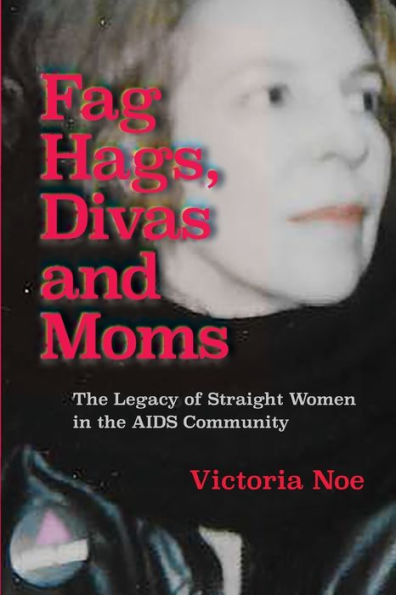Be Careful What You Wish For
I’ve written before about a conversation with some friends, where we discussed our willingness to share news of a serious illness. One of us was already open about her health challenges. Another insisted she would share news with her friends. The other two admitted they were unlikely to tell their friends if they were seriously ill, even the ones sitting at the table.
I have several friends who are very open about their health. I don’t think they share that kind of news with everyone. But ours are friendships that are several decades long. We’ve known each other longer than any of our marriages. There’s trust.
But even people who would be uncomfortable sharing their own health news with their closest friends still expect their friends to be honest with them. Yeah, I know, a little hypocritical. They want to know, they insist, so they can help their friend. I guess they don’t believe the concern and caring go both ways. I know I didn’t.
A few months ago, I asked a friend if he’d tell me if he was sick. “I’m not,” he insisted, but agreed that he would tell me if there was a problem (in fact, he wondered why I felt I had to ask).
Not long ago we were having lunch, when late in the conversation he paused, looked at me and said quietly, “I had chest pains for three days straight.” For a moment, I was afraid I might burst into tears right there in the middle of the restaurant. He went on to explain that all the tests were negative, his heart was fine. It was something unrelated and not serious.
Even as he explained, I scolded myself: “You wanted him to tell you, remember?” Yes, I did. But that didn’t mean I was prepared to hear it. What made sense in theory was something very different in practice.
I had a medical test this week that I was nervous about. He was one of the few friends I emailed about it. He responded that he was saying a prayer. The next morning, when I hadn’t given him an update, he emailed again to ask if I was all right. I had the test results – negative – so I could give him an update and thank him for his concern.
But I was embarrassed. I felt like I should’ve toughed it out myself and not told anyone what was going on. And I understood a little of what my two friends may have been thinking that night at dinner.
I bring this up for two reasons. First, quite a few of the people in my books have expressed the same regret: that they were unable to help a friend before they died. Sometimes it couldn’t be helped: the friend was thousands of miles away or died suddenly. Sometimes the friend kept their failing health a secret or refused help. Often the surviving friends were angry at being shut out, and wondered if maybe the friendship wasn’t as strong as they’d assumed.
Second, unless you’re a hypochondriac who enjoys sharing your health woes with the world, you probably don’t want to tell a lot of people what’s going on. Family aside, your closest friends would want to know: to listen, to support, to help, to let you know they love you.
Because what I’m learning more and more every day is that “in sickness and in health” applies to friendships, too.


